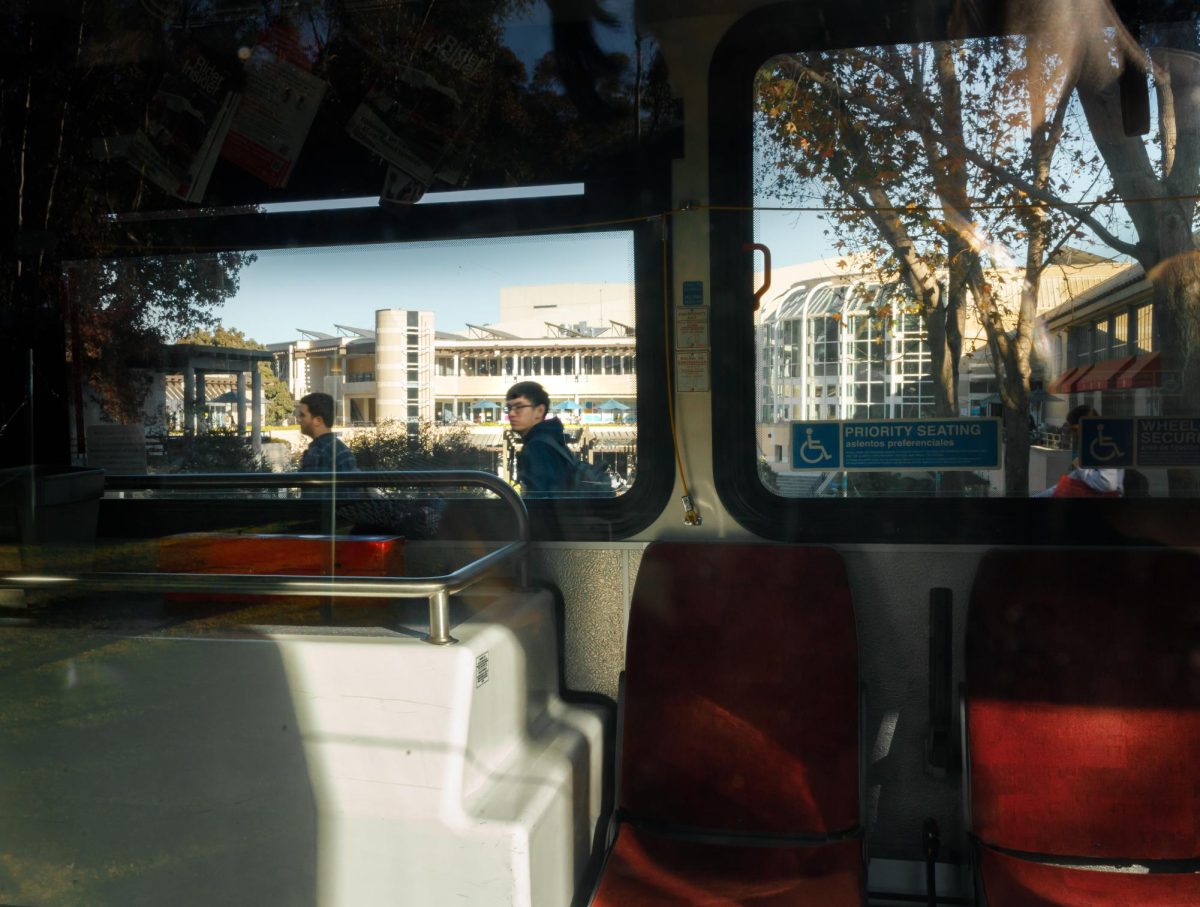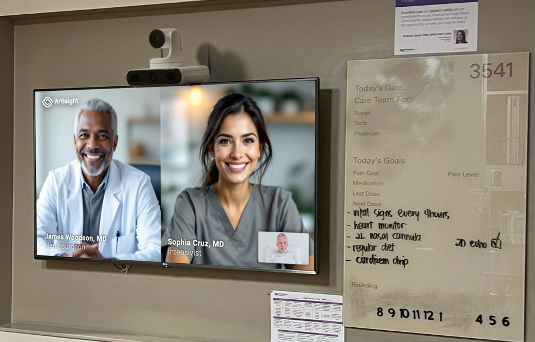Five UCSD Ph.D. students have been awarded the Siebel Scholar Award for distinction and given a financial reward of $35,000 each on Sept. 27. The Siebel Scholars Program honors students in the fields of bioengineering, business, computer science and energy science and selects about 90 people worldwide per year.
Thomas M. Siebel, chairman of the Siebel Scholars Foundation, expressed confidence in the recipient’s’ potential impacts in their respective fields.
“The Class of 2017 represents the best and brightest from around the globe and it’s my great pleasure to welcome them into this ever-growing, lifelong community,” Siebel said in a press release.
Ya-San Yeh, whose research focuses on using nanotechnology to design new drug delivery methods for cancer treatment, was elated when she received the award and hopes to connect and collaborate with Siebel Scholars in the future.
“The Siebel Scholar Award is not just a prestigious and generous award, [it is] more importantly a program aimed at connecting a diverse group of scholars … and creating opportunities to make a positive impact in technologies, policies and human health,” Yeh told the UCSD Guardian. “I am excited to have the chance to expand my network to include the remarkable engineering and business leaders within the Siebel Scholar community.”
Armen Gharibans, who is researching and developing noninvasive gastroenterology investigations, further explained the practical significance of the program in networking and fiscal benefits.
“It provides an excellent opportunity to network at the annual conference and other Siebel-only events throughout the year,” Gharibans said. “Unlike most other academic awards, the funding is given to the student with no stipulations on what to spend it on.”
Jinxing Li, who studies nanorobots in diverse applications, attributes his accomplishments to effective teamwork across various fields of expertise.
“I have been productive during my Ph.D. research, but it is pretty much a team effort across many labs and even campuses,” Li said. “I believe interdisciplinary research and successful collaborations [are mostly what got] me this reward.”’
Yeh added on Li’s statement and stressed the significance of an advisor and cooperation across labs.
“In my experience so far, I find that my advisor plays an important role in shaping my research approach and developing my soft skills,” Yeh said. “He sets the tone for a very collaborative research environment where his students present ideas in a friendly environment with constructive feedbacks. We routinely present our research to other labs and vice versa, which helps develop our communication skills and promote collaboration between labs.”
Jae-Young “Jerry” Jung currently investigates and applies biological material and structures to real-world engineering problem or products, but hasn’t always concentrated on that specific topic.
“My research interest has changed several times [due to moving between dynamic] environments, from a medical device company [to] a national laboratory and now as a Ph.D. candidate at UCSD,” Jung said. “The [enduring] fact is that I’ve always wanted to make something useful for people’s health and quality of life.”
Gabriela Guzman, who focuses on using computational models to drive biological discovery in E. coli and better understand mechanisms such as antibiotic resistance, noted that even with the Siebel Scholar Award, she is still uncertain about her future.
“I am still exploring my options, trying to keep both academic and industry paths as possibilities,” Guzman said. “I do enjoy the scientific creativity and freedom to explore scientific questions in academia; however, I don’t have enough experience in industry to say that I wouldn’t enjoy a career in an industry setting.”







